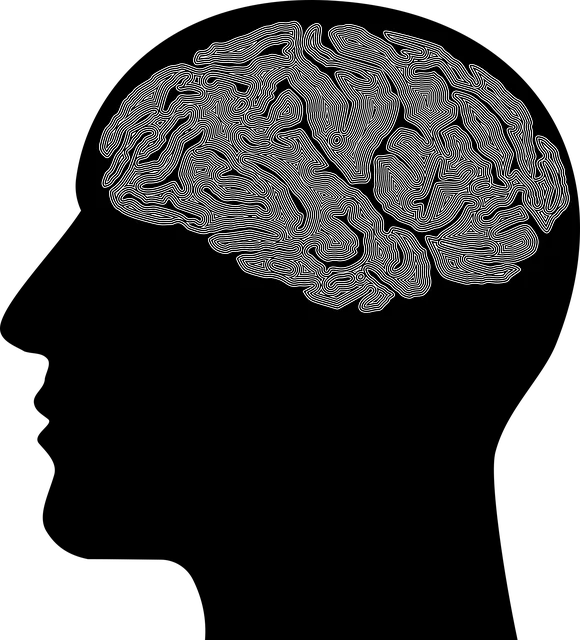Englewood Kaiser Permanente behavioral health services prioritize trauma-informed care, integrating research and best practices to offer tailored support for diverse mental health needs. They empower individuals through individual therapy, group support, evidence-based techniques like cognitive processing therapy and EMDR, and innovative programs like Coping Skills Development and Mental Health Education. Safe spaces and holistic approaches foster resilience and healing, enhancing well-being for all.
“In today’s complex healthcare landscape, understanding trauma and its profound impact on individuals is paramount. This article delves into the crucial role of support services in healing from traumatic experiences. We explore ‘Understanding Trauma and its Impact’ as a foundational step towards effective care. Subsequently, we present an in-depth analysis of Englewood Kaiser Permanente Behavioral Health Services, renowned for its innovative trauma support approaches. Furthermore, ‘Strategies for Providing Compassionate Care’ offers best practices and considerations for healthcare professionals, emphasizing the transformative power of empathetic, evidence-based trauma support.”
- Understanding Trauma and its Impact: A Foundation for Effective Support Services
- Englewood Kaiser Permanente Behavioral Health Services: An In-Depth Look at Resources and Approaches
- Strategies for Providing Compassionate and Effective Trauma Support: Best Practices and Considerations
Understanding Trauma and its Impact: A Foundation for Effective Support Services

Understanding trauma is a fundamental step in establishing effective support services. Trauma, whether acute or chronic, can have profound and lasting effects on an individual’s mental, emotional, and physical well-being. It alters brain chemistry and shapes future responses to stress, potentially leading to complex conditions like post-traumatic stress disorder (PTSD), anxiety, and depression. Recognizing these impacts is crucial for healthcare providers, especially those within behavioral health services, such as Englewood Kaiser Permanente.
Englewood Kaiser Permanente behavioral health services play a vital role in supporting individuals who have experienced trauma. By integrating knowledge of trauma’s effects into their practice, healthcare professionals can provide more tailored and compassionate care. This involves enhancing mental health awareness among staff to ensure they are equipped with the latest research and best practices for treating traumatic stress responses. Additionally, addressing burnout prevention strategies for healthcare providers is essential, as it allows them to maintain resilience and deliver consistent, high-quality care over time.
Englewood Kaiser Permanente Behavioral Health Services: An In-Depth Look at Resources and Approaches

Englewood Kaiser Permanente Behavioral Health Services stands as a beacon of hope for individuals navigating trauma and mental health challenges. This comprehensive care facility offers a multi-faceted approach, integrating various resources to address the complex needs of its clientele. From individual therapy sessions to group support programs, the services cater to different preferences and cultural backgrounds, ensuring personalized treatment.
The behavioral health team employs innovative communication strategies, facilitating open dialogue and safe spaces for expression. Coping Skills Development forms a cornerstone of their program, empowering individuals with tools to manage stress, anxiety, and trauma-related symptoms. Mental Health Education Programs are meticulously designed to increase awareness, challenge stigma, and promote self-care practices. Through these initiatives, Englewood Kaiser Permanente aims to foster resilience and support individuals in their journey towards healing and restoration.
Strategies for Providing Compassionate and Effective Trauma Support: Best Practices and Considerations

Englewood Kaiser Permanente behavioral health services emphasize a compassionate and comprehensive approach to trauma support. Best practices involve creating safe, non-judgmental spaces where individuals feel empowered to share their experiences. Trained professionals utilize evidence-based techniques such as cognitive processing therapy and eye movement desensitization and reprocessing (EMDR) to help clients process traumatic memories effectively.
In addition to individual therapy, community outreach program implementation plays a vital role in trauma support. Group sessions facilitate peer support, fostering a sense of belonging and understanding. Encouraging mental wellness through journaling exercises can further aid individuals in processing their experiences and developing coping strategies. Stress reduction methods, tailored to each client’s unique needs, are integrated throughout the process to promote holistic healing.
In light of the profound impact of trauma on individuals and communities, understanding and addressing it effectively is paramount. The article has explored these issues through examining Englewood Kaiser Permanente behavioral health services as a model for comprehensive trauma support. By highlighting their resources and approaches, we’ve gained insights into best practices that can be adapted to meet the diverse needs of trauma survivors. Recognizing the importance of compassionate care, we’ve outlined key considerations for providing effective trauma support, ultimately aiming to revolutionize how communities heal and thrive.






